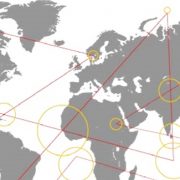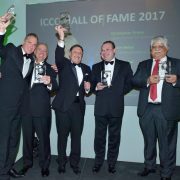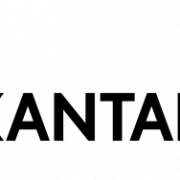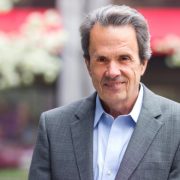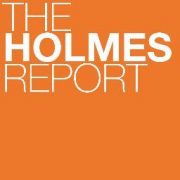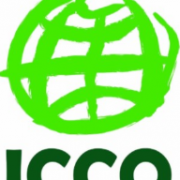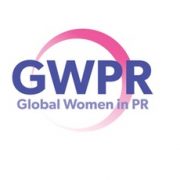GWPR Deutschland Launches
We are delighted to welcome GWPR Deutschland to our growing global network.
On 16th January 2018 over 60 of Germany’s most senior communications professionals joined together in Munich to celebrate the launch of Germany’s very first female networking group for senior PR and Communications professionals.
The group is being led by Cornelia Kunze (formerly at Edelman and now an independent consultant) supported by three of Germany’s top professionals – Barbara Schaedler from E.ON, Sabia Schwarzer from Allianz and Monika Schaller from Deutsche Bank. They are joined by a further 10 senior women from leading German businesses and PR agencies – including Ogilvy, Edelman and Hering Schuppener.
GWPR Deutschland Founder Members
Commenting on their decision to launch GWPR Deutschland and the thinking behind the establishment of the first German group Cornelia Kunze had this to say:
“Compared to other professions there are a large number of women working in communications. However, relatively few hold senior management positions. We want to change that. Our goal is to encourage women and help them to take leadership roles in our profession. We want to exchange views, strengthen and support each other and be mentors for young women developing their careers. We offer regular meetings and events and the opportunity for a personal exchange, cross-company discussions and mentoring.”
Incorporated in January 2018 as a non-profit association the group will be financed through membership fees and sponsorships. Women in communication professions with a minimum of ten years of professional experience can apply for full membership and those with of five years professional experience can apply to be associate members.
The Group, which is now actively recruiting members, has already put in place an impressive calendar of events for the year.
The celebration for the launch took place in Allianz’s stylish corporate offices in Munich. Included in the evenings event was a thought provoking debate on leadership – What is stopping women becoming leaders? Is it women themselves, or is it the working environment which prevents them?
GWPR Deutschland e.V. · Pelkovenstraße 147 · 80992 München globalwpr.com · events@globalwpr.de · @GWPRDeutschland
Author: Global Women in PR (GWPR).



